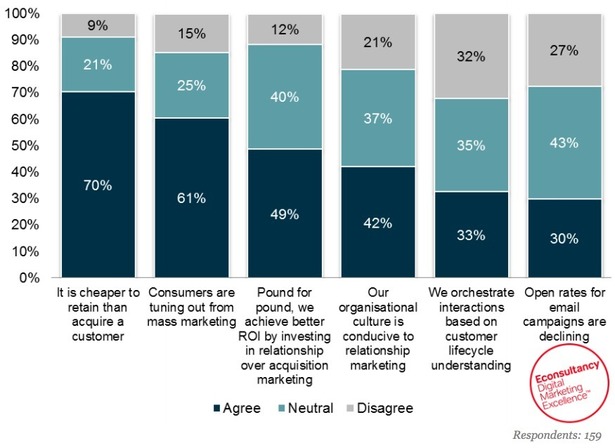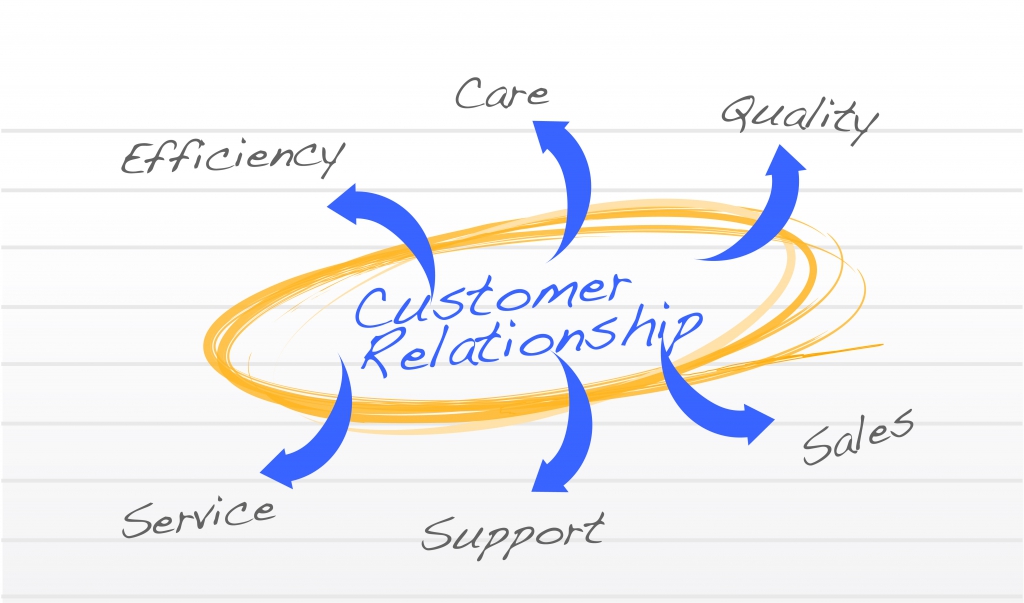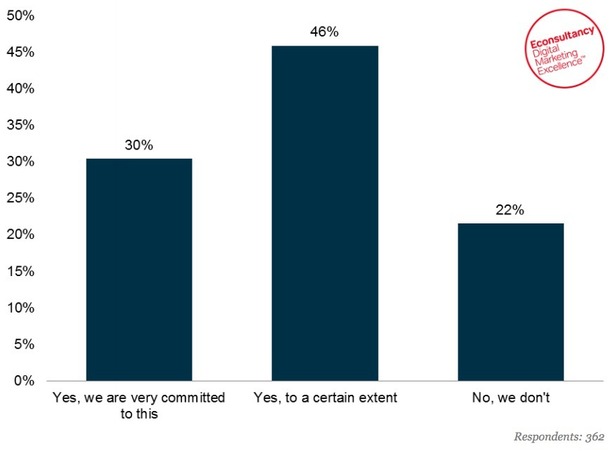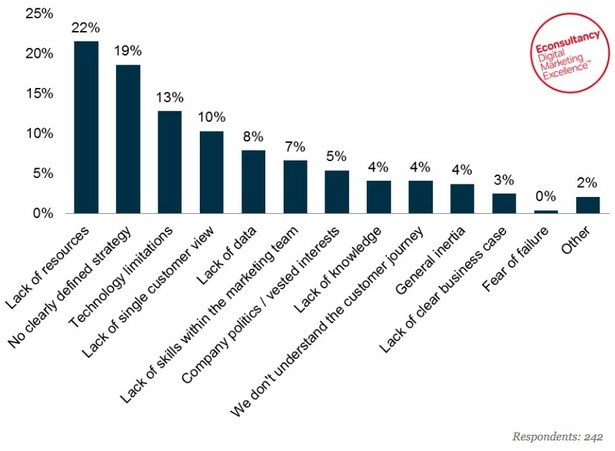When doing business, all of us have to consider about focusing on loyal customers or attracting more new people and persuade them to purchase. To find out the answer for this question, it is necessary to have a report of a survey about the cost of each way.
What is happening?
Therefore, we have already conducted a survey about customers attraction cost in 2014 with 980 businesses around America. The result is that there are 71% of attendants said that the expense for having a new customer is higher than persuade a current one buy another product.
However, the figures of how many companies build a customer’s relationship in their business are very different from what we imagine:
According to the chart, there are only 30% of asked companies were serious about customer’s relationship while the group of companies didn’t do anything related to this job.
Why didn’t these brands concern about customer’s relationship?
To find out the reasons why almost all of businesses understand the important of relationship marketing but still hesitate about conducting it, we asked them what are the barriers?
And here are the answers:
As you can see, the most common barrier is because of lacking of resources at 22%, which is followed by lacking of clearly defined strategy and technology limitation. There are no brand fears about failure when deciding to invest in this strategy.
Do you want to build a relation marketing in the future?
After asking more than 980 business around America about if they do it, why you didn’t do it, we asked them about there opinion on customer’s relationship strategy.
As mentioned, more than two-thirds (70%) of respondents agreed that it’s cheaper to retain than acquire a customer, while 61% agreed that consumers are tuning out from mass marketing.
On the flip side, the statement which was most disagreed with was “we orchestrate interactions based on customer lifecycle understanding”; 32% disagreed with this statement, indicating that more needs to be done when it comes to understanding the customer journey and taking decisions based on knowledge of this area.






